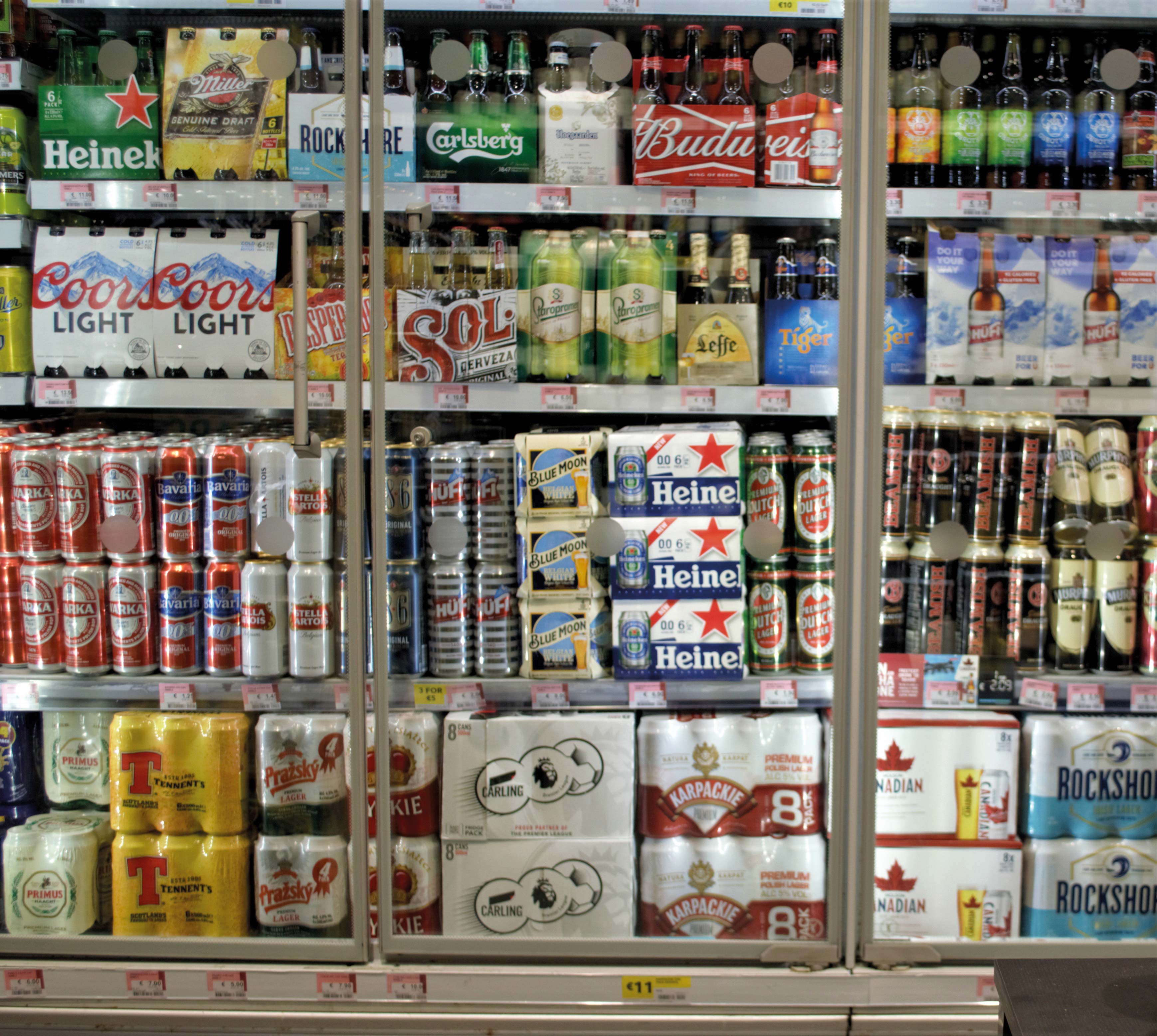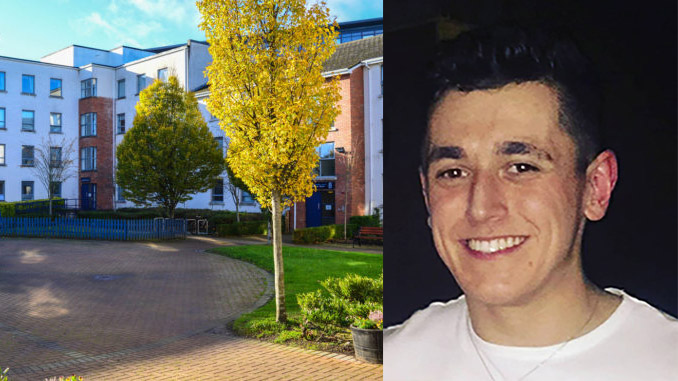
[dropcap]I[/dropcap]t has never been a secret that university students are some of the most avid binge-drinkers.
A National Alcohol Diary survey done in 2014 found that almost two thirds of 18-24 year old drinkers consume six or more standard drinks on a typical drinking session. The World Health Organisation also found that while adolescents may be drinking less often they consume high levels of alcohol when they do drink.
With holidays such as Halloween, Christmas and the New Year approaching; how will students habits with alcohol adapt to the frequent party environment?
Speaking to Adam Healy, DCU’s Sober Society chairperson and Student’s Union Humanities representative, he told of the society’s work to create more events around these times, as he believed it as a time that students went “hell for leather” to make the most of the holidays.
Adam Healy, chairperson for DCU’s Sober Society says that the society plans to hold more sober events around the holidays as he believes that students go ‘hell for leather’ to make the most of the holidays.
“The fact the time comes once in a year incentivises people, especially students, to drink as much as they can,” said Healy.
A Health Ireland Survey from 2015 found that 39 per cent of those who meet for a drinking occasion will binge drink.
While new figures from the Revenue Commissioners suggest that overall consumption of alcohol in Ireland fell in 2017, a trend which has continued since 2005, binge drinking levels remain similar. Alcohol Ireland notes that the reason for the decline in alcohol consumption was due to an “increase in excise duty, followed by the recession, impacted on alcohol’s affordability”.
There are no clear figures to show the direct impact of special occasions on these figures, however, students and faculty alike feel the added pressure to drink more during these times.
Amy Donohue, third year student in DCU, feels as though the current generation of young people in universities have adapted to drinking larger amounts.
“I think young people feel pressured to drink on special occasions because they think it’s necessary to consume a major amount of alcohol to celebrate. They feel as if they have an excuse to go wild and because most other students have the same mindset, we don’t hesitate, get hyped and go out,” Donohue added.
At the heart of the issue are those capitalizing on student drinking and encouraging them to binge, such as clubs and pubs offering student drink deals, student nights, and even clubs and societies offering promotions for nights out.
“With the student discounts on drinks and cheap entry into nightclubs it is a gateway to a night of heavy drinking. It is the norm, in my opinion to drink a lot and drink often as a college student.” said Donohue.
Binge drinking is of course damaging to the health of the individual, with over 1,000 deaths per year in Ireland caused by alcohol. Alcohol is also a factor in half of all suicides in Ireland, but most importantly alcohol is also involved in over a third of cases of deliberate self-harm, peaking around weekends and public holidays.
But while there is obvious harm done to many people who drink, the effects those who drink excessively bring onto those around them are often overseen as a side effect of use. This year a report by Alcohol Ireland showed that alcohol has been identified as a contributory factor in 97% of public order offences as recorded under the Garda PULSE system.
While some drinkers may become dangerous, whether through aggression or drink-driving, around the holidays we also see an increase in anti-social behaviour such as vandalism and assault on those in the emergency services.
Halloween 2017 was noted as being particularly bad in these regards. In Dublin alone there were over 1,000 calls to the Fire Brigade throughout the night, compared to 700 calls made on the same night in 2015. North Dublin was described as a “war zone”, with children setting off fireworks and underage drinking rampant among the teens. Dublin Bus was forced to withdraw service in areas where anti-social behaviour was particularly bad.
Overall, six in ten people involved in the Alcohol Action Ireland survey ‘Alcohol – Where’s the harm?’ said they were negatively affected by someone’s drinking. Because of the levels of drunkenness people in Ireland often get to, others feel unsafe in public. 45 per cent of people went out of their way to avoid drunk people, with 18 per cent saying they also feel unsafe on public transport with people who have been drinking excessively.
With a reported two thirds of undergraduate students engaging in hazardous drinking every week, and women drinking almost as much as men despite varying tolerance levels, consequences of these habits expand to include missing days from university and lower academic performance – according to a 2015 report from University College Cork.
“A decade ago the college lifestyle and attitudinal national survey noted males were drinking more than their female counterparts. We are now seeing women drinking as much as men,” researcher Martin Davoren, who led the study, said.
“Our relationship with alcohol as a nation is unwholesome and detrimental to health. It impacts on us all and these findings should not be seen as merely a young person… issue,” Davoren said.
If change is going to occur, it may have to be the work of young people themselves to normalise the opposite of the drink culture there is currently, and to tackle the pressure students feel to drink in order to be social and make the most of celebrations by consuming more alcohol. Healy explained that the society plans on helping in this movement.
“This year we are striving to learn more about drinking on campus, hope to reduce it and offer students a safe space to come if drinking isn’t something they want to do, whether at all, or just for that evening,” he said.
While the majority will always enjoy drinking and that inherently may not be a negative, it is the cause and effect of excessive drinking that will continue to be a topic of concern for students and the public alike.
Béibhinn Thorsch
Image Credit



